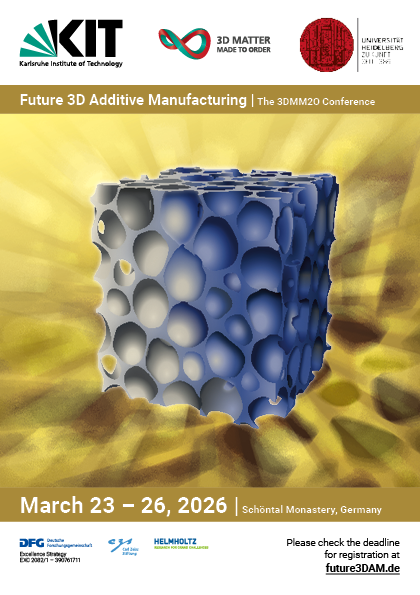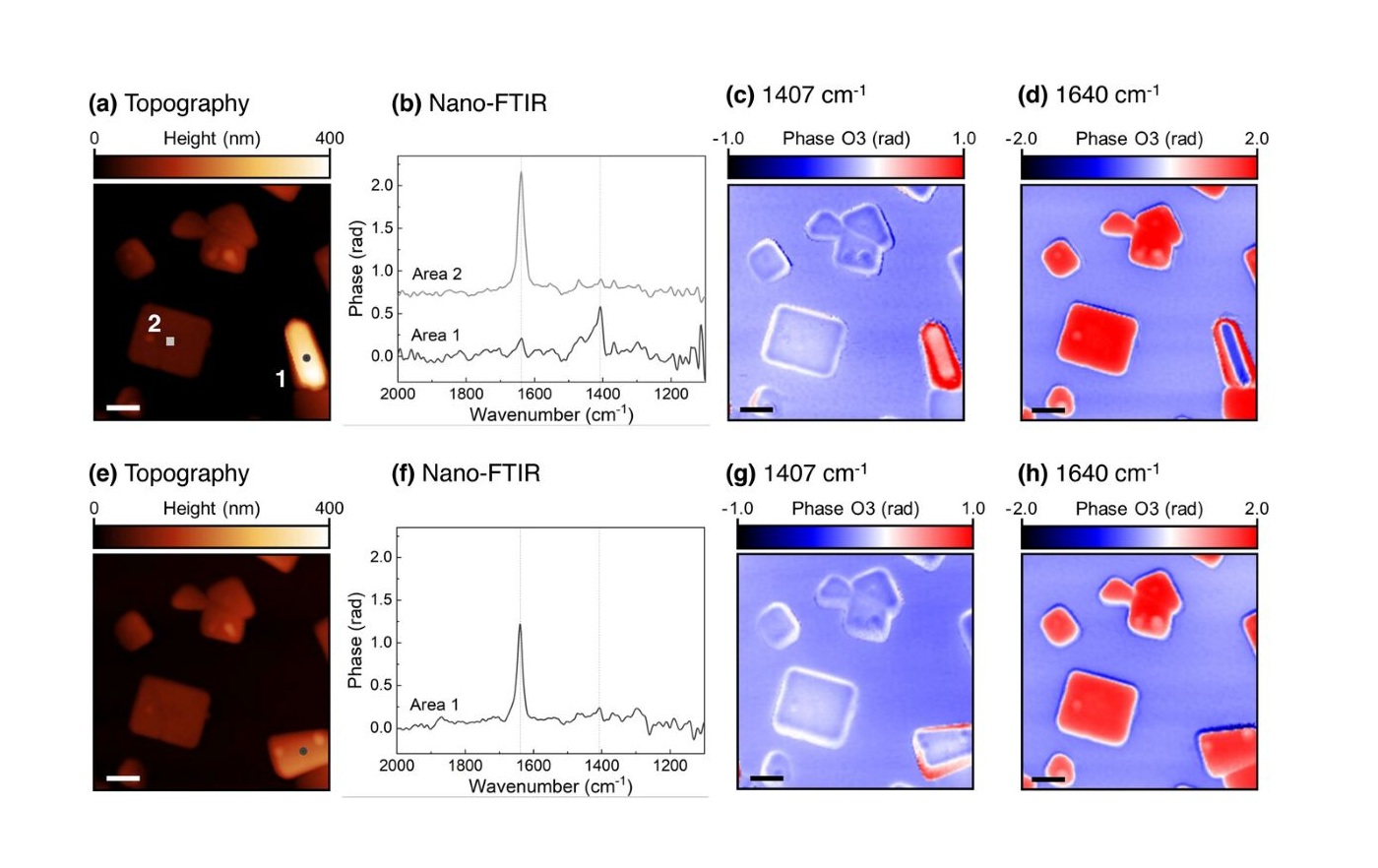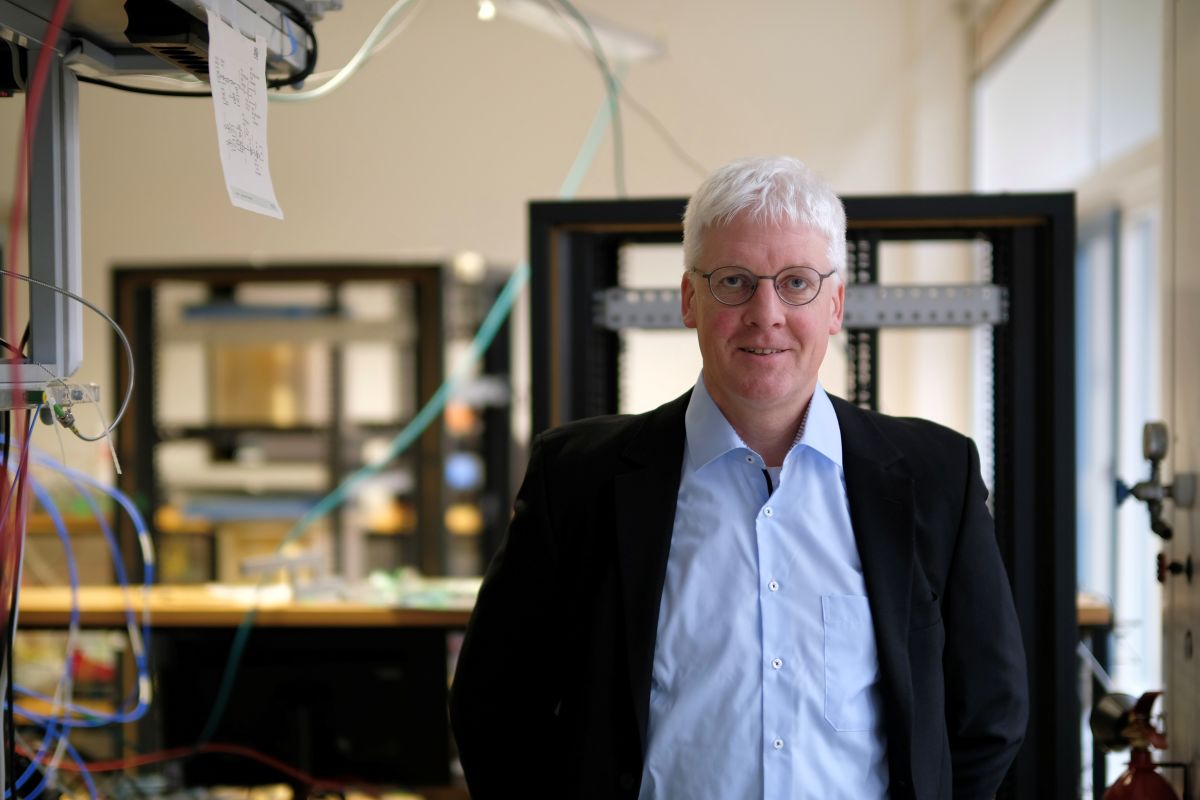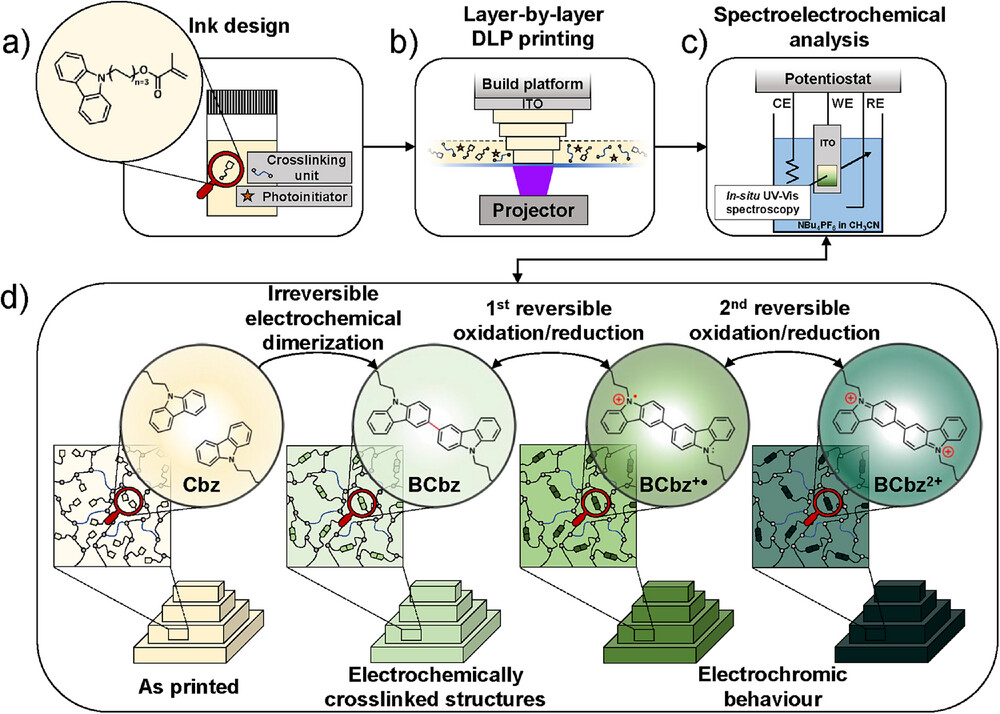3D Matter Made to Order
Cluster of Excellence of Karlsruhe Institute of Technology (KIT) & Heidelberg University
3D Additive Manufacturing Driven Towards the Molecular Scale
The Cluster of Excellence is a collaboration of Karlsruhe Institute of Technology (KIT) and Heidelberg University (Uni HD). It pursues an interdisciplinary approach through conjunction of natural, engineering, and life sciences. 3DMM2O establishes scalable digital 3D Additive Manufacturing transcending from the molecular to the macroscopic scale.
This approach converts digital information into functional materials, devices and systems “made to order.” 3DMM2O creates a powerful technology push and pull by treating molecular materials, technologies and applications as indissolubly intertwined.
On the technology side, the scientific challenges are “finer, faster, and more”, i.e., advance technologies for printing from molecular materials in terms of resolution and speed by orders of magnitude, while vastly expanding the possibilities for multi-material printing.
On the application side, we aim at functional 3D hybrid optical and electronic systems, 3D artificial materials called metamaterials, and at reconstructing functioning organotypic systems by using 3D scaffolds for cell culture.

Prof. Dr. Martin Wegener
Karlsruhe Institute of Technology
martin.wegener@kit.edu

Prof. Dr. Christine Selhuber-Unkel
Heidelberg University
selhuber@uni-heidelberg.de
News

Second Funding Period Begins
The second funding period of the Cluster of Excellence began on January 1, marking an important new phase for our research activities. To reflect this transition, we have introduced a new research structure that defines our current Research Areas, Sub-Areas, and Projects. The updated website now presents this structure in a clear and accessible way. It also provides an overview of the 42 principal investigators and the broad range of disciplines represented within the Cluster. Our research on scalable digital 3D additive manufacturing is organized into four Research Areas: Molecules & Inks, Technologies, Applications, and Digital Blueprints. These Research Areas form the scientific framework of the Cluster. Interdisciplinary collaboration across these areas is a key element of our work, strengthened through five Lighthouse Projects. We invite visitors to explore the website to learn more about our initiatives and future directions.

Announcing the New Class of Fellows at the Marsilius Kolleg
Heidelberg University introduced the new class of fellows for the 2025/2026 academic year at the Marsilius Kolleg. Among the selected researchers is Cluster Principal Investigator Prof. Dr. Christine Selhuber-Unkel, who will contribute her expertise to the program’s interdisciplinary approach. Directed by Prof. Dr. Friederike Nüssel and Cluster Principal Investigator Prof. Dr. Michael Boutros, the Marsilius Kolleg serves as Heidelberg’s Institute for Advanced Study. The institute fosters collaboration between the natural, life, and engineering sciences, as well as the humanities, cultural studies, and social sciences. During the fellowship year, the new class will explore questions such as how humans acquire and apply knowledge and how these processes can be modeled in AI language models. Another project will focus on interdisciplinary collaboration in researching traditional crops that could support sustainable food systems.
© Tobias Schwerdt

Registration is open for the 3DMM2O Conference 2026
The 3DMM2O Conference 2026 is now open for registration. The event will take place at Schöntal Monastery in Germany from March 23–26. The annual conference is dedicated to exploring the many facets of 3D additive manufacturing. It will highlight advances in the theory, computation, and design of next-generation 3D materials. Researchers and industry professionals are invited to exchange ideas and explore the emerging technologies that are shaping the future of the field. Alongside the scientific program, the conference will feature the traditional Pister Session, as well as a robust social program that fosters community and collaboration. Registration is open until the end of January, and early-bird rates are available until December 22. This year’s program is chaired by Carsten Rockstuhl and Wolfgang Wenzel from the Karlsruhe Institute of Technology (KIT) and Ulrich Schwarz from Heidelberg University.

New Multiscale Approach Reveals Optical Behavior of Chiral SURMOFs
In a recent study, a team of scientists, including Cluster Doctoral Researcher Nadine von Coelln, Postdoctoral Researchers Marjan Krstić and Christian Huck, and Principal Investigators Petra Tegeder, Carsten Rockstuhl, and Christof Wöll, developed a multiscale computational model to predict the optical response of chiral surface-anchored metal-organic frameworks (SURMOFs). Their approach integrates quantum-chemical simulations at the unit-cell level with electromagnetic scattering models for entire thin films. The team validated the model using infrared spectroscopy, IR-SNOM, and solid-state VCD, finding excellent agreement between theory and measurements. These results establish SURMOFs as powerful platforms for solid-state VCD and provide a robust tool for designing next-generation chiral MOF materials.
© Fingolo, A. C., et al. (2025), Adv. Funct. Mater., CC BY 4.0.

Advancing Sustainable Digital Infrastructure
Cluster Principal Investigator Christian Koos has been awarded the Karl Heinz Beckurts Prize 2025 for his pioneering contributions to energy-efficient optical communication technologies. His research group develops advanced photonic microchip systems that use light instead of electrical signals to significantly increase data transfer speed and reduce energy consumption. These innovations are crucial for data centers and AI applications that rely on processing large volumes of information. Several start-ups co-founded by Koos are implementing these technologies in industrial applications worldwide. The Karl Heinz Beckurts Prize is awarded annually to researchers whose work demonstrates exceptional scientific excellence and clear economic significance.This prestigious award highlights the significant impact and practical relevance of his scientific achievements.

A Breakthrough in Light-Based 3D Printing of Redox-Active Polymers
A new study, including Cluster Alumnus Marcus Dodds and PI Eva Blasco, has developed a light-based 3D printing method that can fabricate complex structures from redox-active carbazole polymers. These printed materials remain fully electrochemically switchable, displaying reversible color and charge changes throughout their entire architecture. Using in situ spectroelectrochemistry, the researchers tracked these redox processes within multilayer 3D objects. The study demonstrates how precise light-based fabrication can be combined with electrochemical functionality to create fully addressable 3D material systems. This advance paves the way for future electrochromic devices, adaptive optics, sensors, and printed optoelectronic technologies.
© Delavier et al., Adv. Funct. Mater., 2025, e18546, CC BY 4.0
